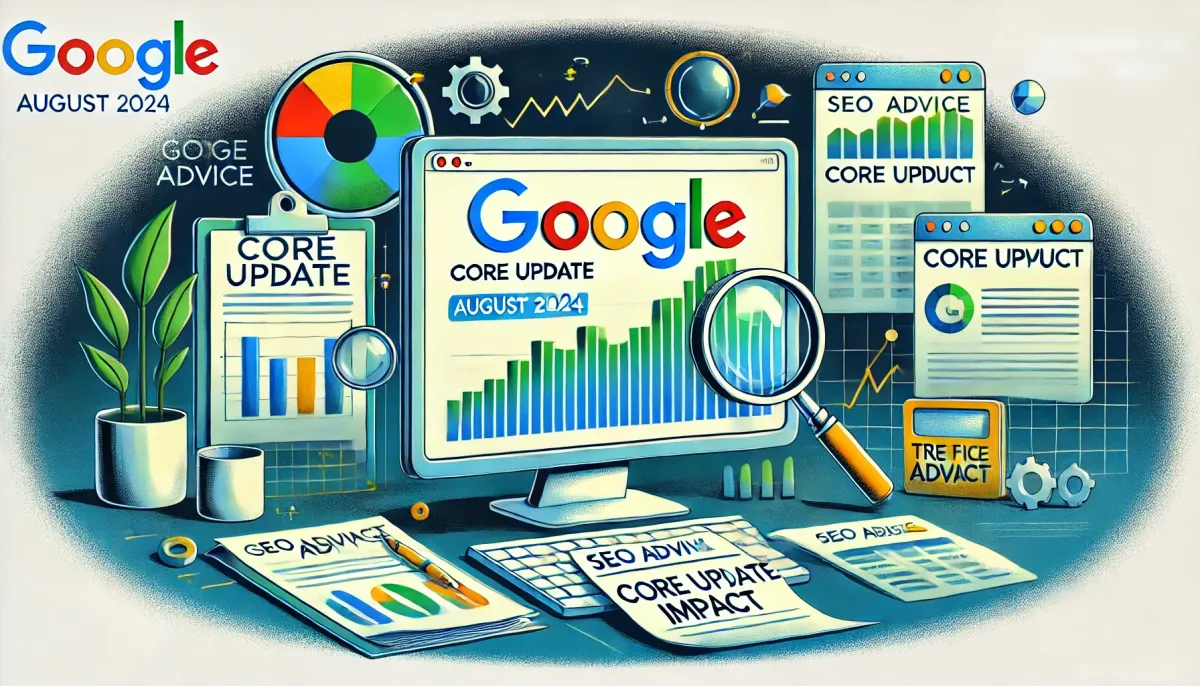Google's August 2024 Core Update: Impact and Advice for Web Publishers

Google's August 2024 Core Update
Rollout and Initial Observations
The Google August 2024 Core Update commenced on August 15 and concluded by September 3, spanning a total of 19 days. This elongated rollout period is customary for core updates, allowing fluctuations in search rankings as changes take effect. Notably, the update endeavored to prioritize high-quality, useful content over low-value, SEO-laden material. This strategy aligns with Google's overarching mission to present users with content that is genuinely beneficial and informative.

Impact on Web Publishers
An intriguing aspect of the update is its equality-first approach towards smaller, independent publishers. Historically, larger, well-established domains have dominated search engine results pages (SERPs). However, this update levels the playing field, giving smaller publishers an equitable chance to thrive in search rankings. Early reports indicate that websites previously impacted by past core updates, such as the September 2023 helpful content update, are witnessing a resurgence in traffic and improved search rankings.
Addressing Ranking Volatility and Bugs
As with most core updates, the extended rollout is expected to cause noticeable fluctuations in search rankings. During this period, Google confirmed the presence of a ranking bug, which exacerbated volatility within the search results. Fortunately, the bug was addressed promptly, stabilizing the rankings as Google continued with the rollout.
The update introduces significant changes to AI-generated overviews in search results. These overviews are now more intertwined with core ranking systems and feature additional links, visible to both signed-in and signed-out users. This evolution reflects Google's commitment to refining how automated summaries provide comprehensive and user-friendly information.
Guidance for Website Owners
In light of these updates, Google advises website owners to focus on substantive, user-centric enhancements rather than seeking quick fixes to manipulate rankings. Removing content should be considered a last resort, especially if it was originally created for search engines rather than end-users. Instead, an emphasis on improving content quality and user engagement is paramount for sustained success.
To effectively analyze the impact of the core update, it is recommended that website owners wait until the update is fully implemented. Using Google Search Console, they can compare site performance metrics before and after the update to identify changes in traffic and search rankings. Such analysis is crucial for informed content strategy adjustments and long-term improvements.
Looking ahead, it is clear that Google will persist in refining these areas through future updates. Continuous enhancements to content quality and user experience remain crucial for maintaining or improving search rankings. Website owners must prioritize these aspects to adapt to ongoing changes in the digital landscape.

